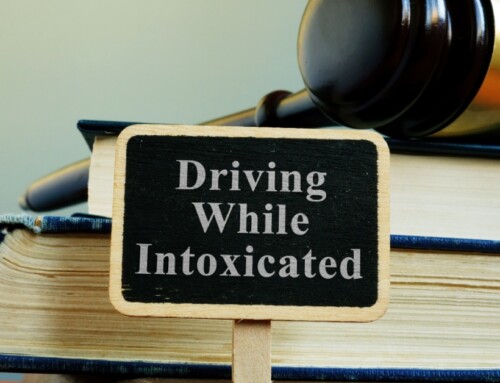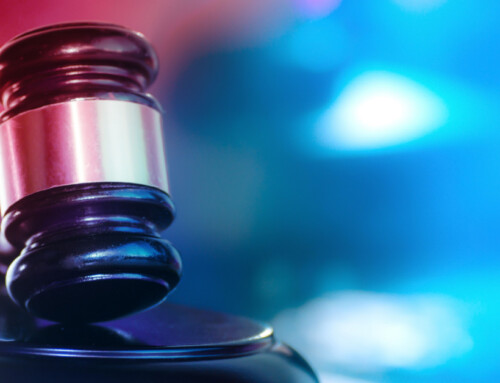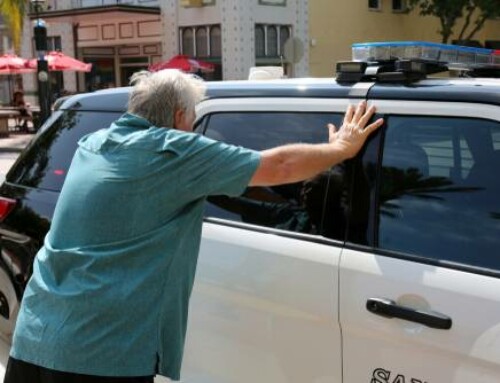In Birchfield v. North Dakota, decided on June 23, 2016, the United States Supreme Court held that states cannot criminalize a person’s refusal to provide a blood sample during an investigation or arrest for driving under the influence (DUI). The opinion re-affirms the Court’s 2013 decision in Missouri v. McNeely, which held that police must obtain a search warrant before drawing blood without consent, but Birchfield goes a step further in finding that states also cannot criminalize a DUI suspect’s refusal to provide a blood sample.
South Carolina Implied Consent Laws and Blood Draws
All states, including South Carolina, have some form of implied consent laws that are designed to allow officers to obtain objective evidence of intoxication through breath, blood, or urine samples. The idea is that, by driving on the state’s highways, a person impliedly consents to provide a breath, blood, or urine sample for testing if they are arrested for DUI. In most cases, including South Carolina, if the person refuses to provide a sample, their license is administratively suspended for a period of time.
Birchfield consolidates three cases from North Dakota and Minnesota where the states went beyond the administrative suspension and 1) prosecuted a defendant criminally for refusing to provide a blood sample; 2) prosecuted a defendant criminally for refusing to provide a breath sample; and 3) threatened a defendant with criminal prosecution if he did not provide a blood sample.
Exigent Circumstances Exception in DUI Cases
The “exigent circumstances exception” in some cases permits a warrantless search, including a warrantless blood draw. However, the states argued that the dissipation of alcohol in the blood is always an exigent circumstance. The argument is that, if the officer has to find a magistrate and obtain a warrant prior to drawing blood, the evidence (alcohol in the blood) will be destroyed or lessened by the time the officer is able to take the sample. This is the exact same argument that was considered and rejected by the Supreme Court in McNeely. The Court in McNeely outlined specific circumstances where exigent circumstances would justify a warrantless blood draw, and Birchfield does not change that analysis.
Search Incident to Arrest Exception in DUI Cases
The Court also considered whether a warrantless blood draw or breath test is permissible under the “search incident to arrest exception.” The Fourth Amendment does not protect against search of an arrestee’s person following a lawful arrest. The Court weighs the privacy interests of the individual against the needs of the state to obtain evidence in DUI cases, and concludes that breath tests incident to an arrest for drunk driving are acceptable, but blood draws with a needle are not.
There are no privacy interests in exhaled air, breath alcohol tests do not reveal additional information protected by the Fourth Amendment, and they are minimally invasive. On the other hand, a blood draw taken with a needle is considerably more invasive. It involves inserting a needle into a person’s body and removing blood from the person’s body, it is potentially more embarrassing than providing a breath sample, and potentially it could be used to obtain DNA and other information in addition to the blood alcohol content. It is not reasonable to say that motorists, by driving, impliedly consent to a forcible blood draw without a warrant.
Birchfield re-affirms McNeely’s rule that officers must obtain a warrant before taking a blood sample without consent, and it goes further to find that statutes criminalizing blood draw refusals are unconstitutional. If you have been arrested for DUI charges, please contact our Charleston DUI attorney Rad S. Deaton for a free consultation regarding your rights.






